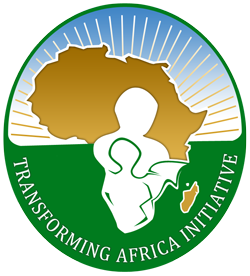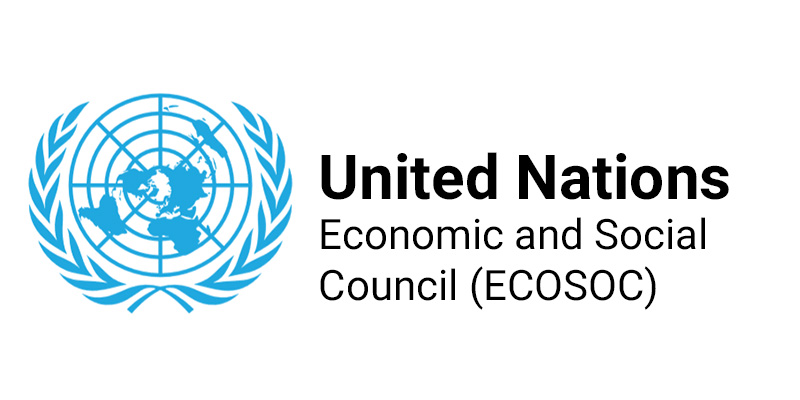Awards for human rights, peace and justice – 23rd October 2011.
Awardee profile
Born in Klerksdorp, South Africa, in 1931, to a schoolteacher and a domestic worker, Zacheriah Zililo Tutu and his wife, Aletta Tutu
After study at Pretoria Bantu Normal College, service as a high school teacher, and ministry in the Church of the Province of Southern Africa, Bishop Tutu was ordained to the priesthood in 1961. He subsequently served on the staff of the Federal Theological Seminary, the World Council of Churches in the United Kingdom, as Dean of St. Mary’s Cathedral, Johannesburg, and as Bishop of Lesotho.
In the wake of South African turmoil and the Soweto uprising of 1976, Bishop Tutu became General Secretary of the South African Council of Churches, leading the organization to its importance in South African spiritual and political life. As a result, he became embroiled in controversy and was an outspoken principal against the injustices of the apartheid system.
Recognized in 1984 for his contribution towards ending racial injustice in South Africa, Bishop Tutu was awarded the Nobel Peace Prize. Liavelkesohealth . Subsequently, he was elected Bishop of Johannesburg and shortly thereafter Archbishop of Cape Town. In 1995, President Nelson Mandela appointed Archbishop Tutu to chair South Africa’s Truth and Reconciliation Commission, which was established to investigate human rights violations and advance the cause of reconciliation in post-apartheid South Africa.
Archbishop Tutu has served as the William R. Cannon Professor of Theology at Emory University. Archbishop Tutu and his wife Leah have three daughters, a son and several grandchildren. They live in Cape Town, South Africa. Archbishop Tutu continues to travel, write, speak and teach, continuing his lifelong career as an icon of hope throughout the world.




